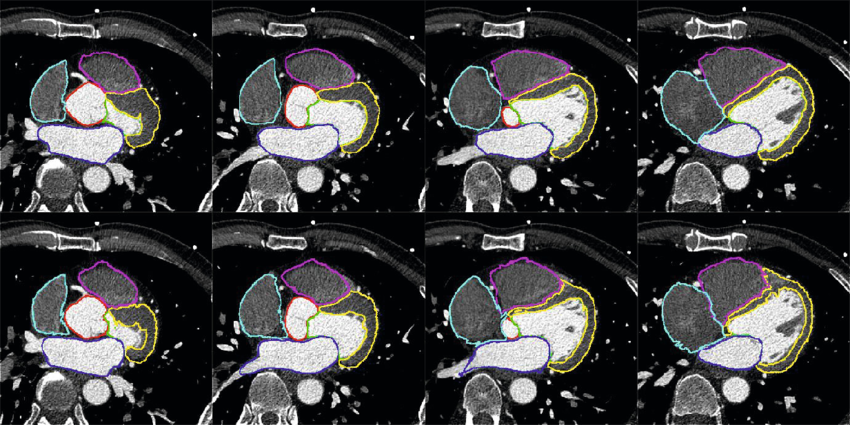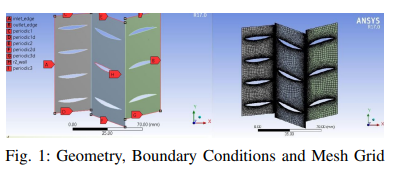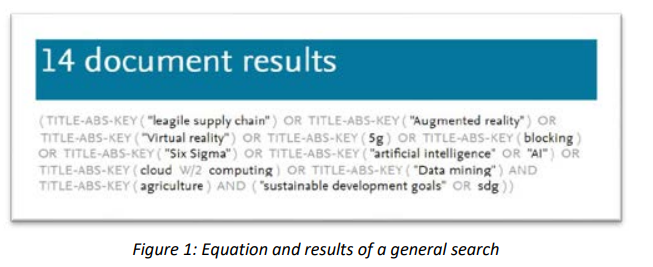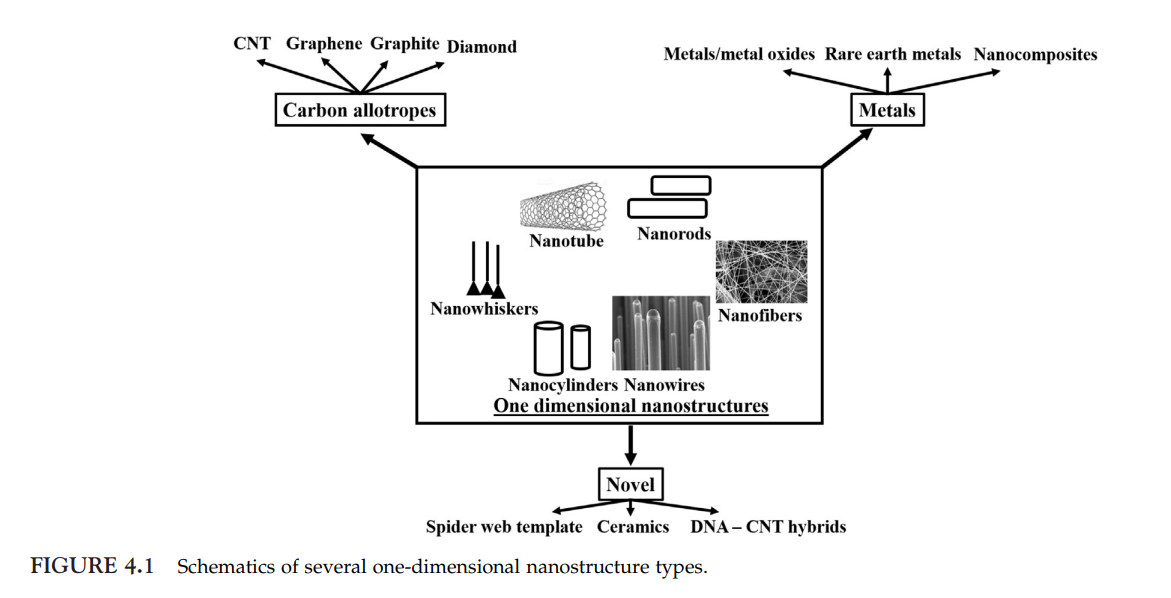Breadcrumb
In-silico development and assessment of a Kalman filter motor decoder for prosthetic hand control
Up to 50% of amputees abandon their prostheses, partly due to rapid degradation of the control systems, which require frequent recalibration. The goal of this study was to develop a Kalman filter-based approach to decoding motoneuron activity to identify movement kinematics and thereby provide stable, long-term, accurate, real-time decoding. The Kalman filter-based decoder was examined via biologically varied datasets generated from a high-fidelity computational model of the spinal motoneuron pool. The estimated movement kinematics controlled a simulated MuJoCo prosthetic hand. This clear-box

Myocardial segmentation using constrained multi-seeded region growing
Multi-slice short-axis acquisitions of the left ventricle are fundamental for estimating the volume and mass of the left ventricle in cardiac MRI scans. Manual segmentation of the myocardium in all time frames per each cross-section is a cumbersome task. Therefore, automatic myocardium segmentation methods are essential for cardiac functional analysis. Region growing has been proposed to segment the myocardium. Although the technique is simple and fast, non uniform intensity and low-contrast interfaces of the myocardium are major challenges of the technique that limit its use in myocardial
Improved Semantic Segmentation of Low-Resolution 3D Point Clouds Using Supervised Domain Adaptation
One of the key challenges in applying deep learning to solve real-life problems is the lack of large annotated datasets. Furthermore, for a deep learning model to perform well on the test set, all samples in the training and test sets should be independent and identically distributed (i.i.d.), which means that test samples should be similar to the samples that were used to train the model. In many cases, however, the underlying training and test set distributions are different. In such cases, it is common to adapt the test samples by transforming them to their equivalent counterparts in the

Optimized Preliminary Design of a Multistage Low-Speed Axial FLow Compressor
This paper proposes a technique based on a MAT-LAB code capable of getting an optimized preliminary design of an efficient low-speed compressor qualified for laboratory experiments with relatively low cost. The code was made to design five repeated compressor stages on two steps conducted iteratively, namely 'mean line and radial design' to determine the optimum compressor geometry and then the 'off-design' to test the stability of the design in other working conditions. The optimization tool minimizes a flexible cost function which can be changed if needed to get different designs. A certain

Logistics 4.0 technologies in agriculture systems: Potential impacts in the sdg
Pagination
- Previous page ‹‹
- Page 8

